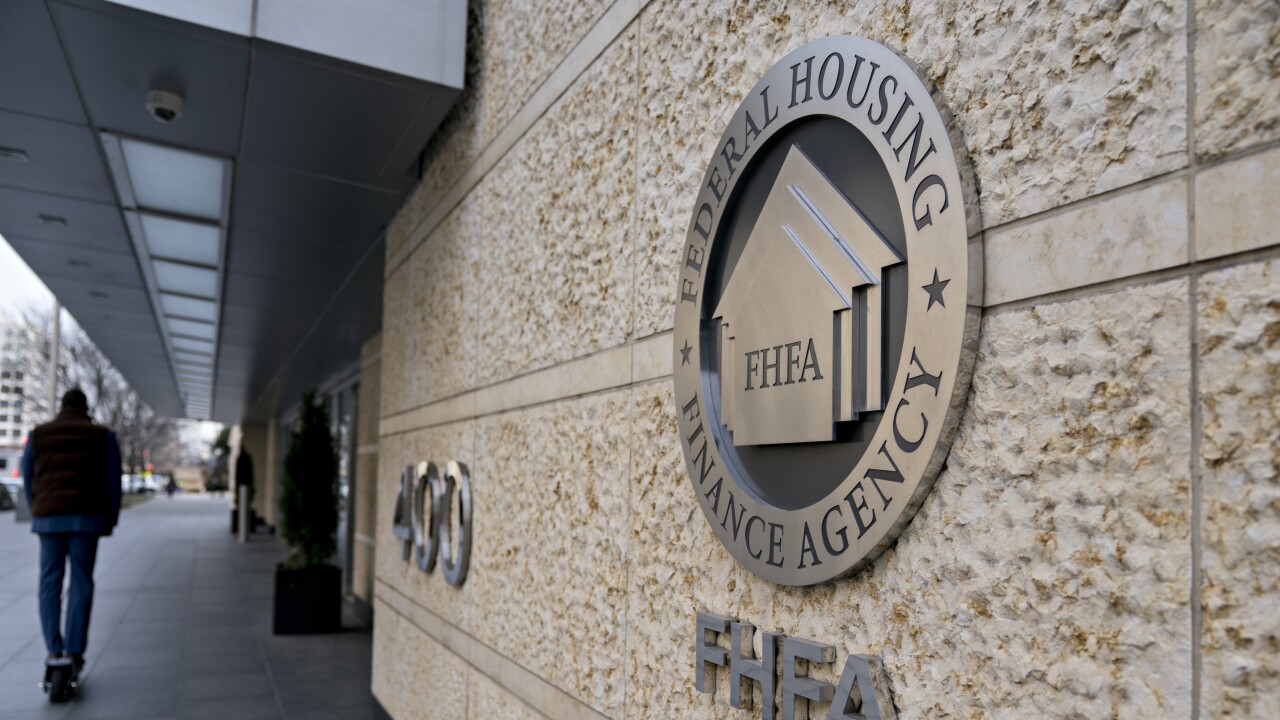
"Everybody serves somebody."
Whether said by
But, who is overseeing our bank directors, usually handpicked by fellow directors?
Both
But, where was the comparable criticism of derelict directors who failed to properly oversee management?
Were the boards of these three megabanks, representing 10% of all banks over $100 billion, outliers? Or, was this indicative of a shortage of qualified directors at our biggest banks, possibly suggesting a big bank board brain drain?
In the aftermath of several hundred
Banks typically have five to 13 directors, an average of eight, according to the
Just as some bank supervisors and managers are more experienced than others, so are some directors, especially those with a strong audit and risk management background.
Too many directors at the three big banks that failed last year were short on
For example, just
Those directors may have had a very weak financial education, but they were rewarded with very strong financial
Lesson learned: Big bank boards should focus on big bank brains rather than big names.
Even with the increased quantity of post-merger director candidates, there are at least three reasons to be concerned with their quality.
First, the greatly increased complexity and number of rules in the world's most heavily regulated industry requires a banking or financial background at least and an auditing and risk management background at best.
The Federal Housing Finance Agency wants to update the dual mission of the Federal Home Loan Banks. Members of the private bank cooperative say their regulator has no authority to redefine the mission.
You don't need a Ph.D. in finance to understand that banks with huge underwater Treasury portfolios should use derivatives to reduce duration in an increasing rate environment. But, how many directors at our biggest banks even know what a financial derivative is, much less how to use them to reduce risk?
Second, attendance at industry trade and other meetings by board members, oftentimes their only source of outside education, dropped precipitously after the pandemic. Trade show attendance is recovering but still
Third, the increasing norm of virtual board meetings has decreased the input of knowledgeable independent directors who, under different circumstances, would be best positioned to challenge a CEO. This is especially the case with a
How many bad bank decisions were made with virtual boards since March 2020? SVB was known for its
The regulatory reaction to the megabank failures was predictably piling on more regulations for the biggest banks. The
Regulators unfortunately forgot that while banks can increase financial capital, this is not the case with human capital. A bank board may be willing to take on new governance responsibilities, but they may be unable to do so with inadequate board bandwidth. No matter how hard they try, regulators can't square a circle.
There are more realistic fixes, all of which require increased director education and involvement.
The banking industry has made great progress with its financial literacy efforts for low- and moderate-income people, but what about financial literacy for board members with a low or moderate banking and finance background?
We require
If directors are not going to industry or regulatory conferences for continuing education, then banks should hire outside experts for customized in-house training. Examiners and insurance carriers encourage such training, but the greatest beneficiaries are shareholders and the FDIC's Deposit Insurance Fund, which sustained
Finally, short of requiring all directors to get back in the board room for monthly meetings, quarterly
Any of these brain-gain suggestions, like the regulatory proposals, will be met with resistance. No one likes to rock the bank board boat, but derelict directors at last year's three failed megabanks are proof that the status quo is not working.
Bank boards should be representative of their community, but we can't have good banks without good governance. This means good directors with a knowledge of banking and finance, especially in auditing and risk management, exercising their oversight function in the bank rather than on the internet.
An earlier version of this article incorrectly identified Barney Frank. He is a former member of the U.S. House of Representatives.






